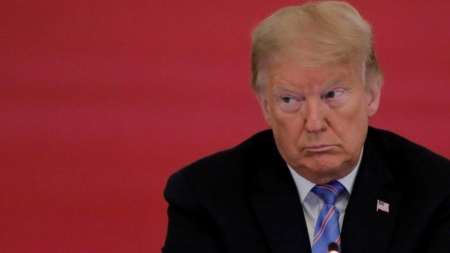Samsung EV technology leak, a former subcontractor employee has been indicted in South Korea for leaking Samsung SDI’s confidential IV battery technology to foreign entities. Authorities alleged the suspect attempted to transfer sensitive data involving battery design and production methods, posing a major threat to the nation’s high-tech industry.
The case underscores growing concerns over industrial espionage targeting South Korea’s clean green energy sector. Officials emphasize the need for strongest legal and cybersecurity measures to safeguard the proprietary technologies vital to the country’s economic and technological competitiveness.
SAMSUNG EV TECHNOLOGY LEAK: TECHNOLOGY ESPIONAGE UNCOVERED

Samsung EV technology leak, South Korean prosecutors have formally indicted a former employee of a subcontractor linked to Samsung SDI for allegedly leaking confidential EV battery technology to foreign entities. The suspect, whose identity remains undisclosed, reputedly attempted to transfer the core manufacturing data related to advavanced battery designs and production methods. Authorities believe the information, If fully leaked. Could have caused substantial losses to South Korea’s EV industry, which heavily relies on proprietary technologies for global competitiveness.
Investigators revealed that the accused individual had unauthorized access to internal databases and tried to export technical files to an overseas company under the guise of a legitimate business deal. The leak involved sensitive data on cathode materials, cell structure and manufacturing automation systems. The authorities acted after detecting suspicious data transfer, seizing electronic devices and documents linked to the attempted breach.
SAMSUNG SDI’S COMPETITIVE EDGE AT RISK
Samsung EV technology leak, Samsung SDI, one of the world’s EV battery manufaturers, has long been at the forefront of innovation in lithium-ion and solid-state battery technology. The company’s research and development efforts represent billions of Dollars in investment and years of engineering expertise. Any exposure of its proprietary processes could allow rival companies to replicate the design=gns, undermining its competitive advantage in the global market.
Read also:
TECHNOLOGY AND E-COMMERCE DATABASE
The incident has raised alarms within South Korea’s tech industry, highlighting the growing risk of corporate espionage targeting clean energy technologies. As global demand for electric vehicles continues to surge, competition among battery manufacturers has intensified. Leaks like this not only endanger corporate secrets but also threaten national interests, given that battery technology is a key pillar of South Korea’s high-tech export economy.

NATIONAL SECURITY AND LEGAL IMPLICATIONS
Samsung EV technology leak, the case has been framed as a serious nation security concern by South Korean authorities. Advanced EV battery technology falls under strategic assets protected by the country’s Industrial Technology Protection Act. Leaking or attempting to export such data without government authorization is punishable by heavy prison terms and fines. The Ministry of Trade, Industry and Energy has pledged to strengthen monitoring systems to prevent similar breaches.
Legal experts note that this indictment underscore South Korea’s firm stance on protecting industrial technologies. The government’ recent tightening of technology protection law aims to defer both internal and external threats. Prosecutors have emphasized that those found guilty of leaking strategic technologies will face severe penalties, including imprisonment, to safeguard the country’s innovative ecosystem.
.
INDUSTRY REACTION AND PREVENTIVE MEASURES

Samsung EV technology leak, following indictment, Samsung SDI issues a statement reaffirming its commitment to reinforcing internal security protocols and protecting its intellectual property. The company expressed confidence in the ongoing investigation and state that it would fully cooperate with authorities to ensure accountability. Industry peers, including LG Energy Solution and SK On, have also reviewed their cybersecurity frameworks in response to the incident.
Experts warn that as South Korea’s EV and semiconductor sectors expand globally, the risk of the technology leaks will persist. Strengthening corporate vigilance, investing in cybersecurity infrastructure and fostering ethical awareness among employees are seen as crucial steps in preventing future espionage attempts. The case serves as a stark reminder of the growing challenges in protecting technological sovereignty in an increasingly interconnected world.







